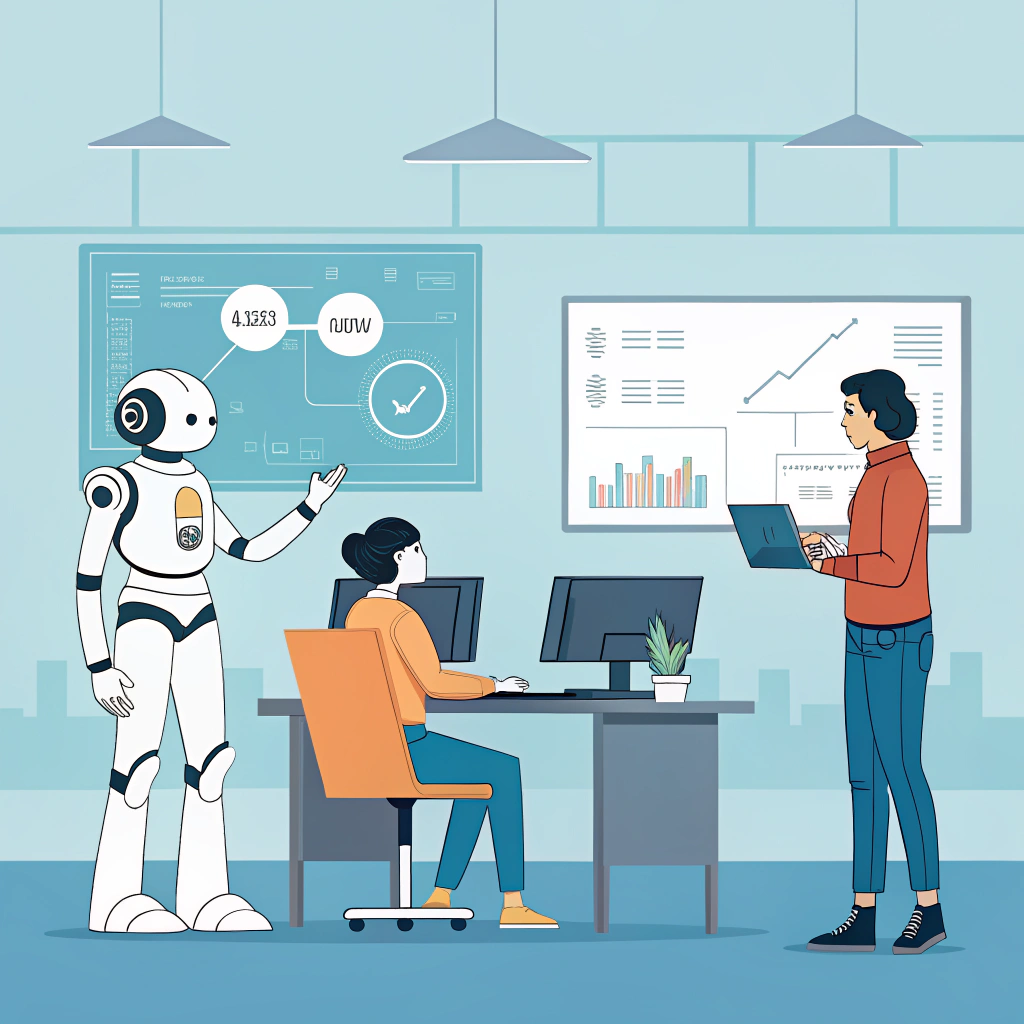
As artificial intelligence (AI) rapidly integrates into workplace systems—from recruitment to performance management to employee well-being—a critical question is surfacing across industries:
Who’s accountable for the decisions made by algorithms?
AI has the potential to enhance productivity, eliminate bias, and make complex processes more efficient. But it also introduces unprecedented ethical challenges. When algorithms make mistakes or reinforce harmful patterns, who takes responsibility?
At CorporateOne, we believe it's not just a technical issue—it’s a leadership imperative.
AI is already embedded in many facets of workplace operations:
These tools promise fairness, speed, and consistency. But if they’re trained on biased data or operate without transparency, they risk amplifying the very inequities they were designed to eliminate.
Unlike human decision-makers, algorithms lack moral agency. They don’t "intend" to discriminate or cause harm—but that doesn’t mean the harm isn't real. And too often, accountability is diffused among developers, vendors, and leadership.
Here’s the uncomfortable truth:
If no one is responsible, everyone is vulnerable.
Real accountability means:
At CorporateOne, we encourage organizations to approach AI in the workplace with a proactive, ethical lens. Here’s how to start:
Ethical AI isn’t about limiting innovation—it’s about designing systems that reflect our values. As we delegate more decisions to machines, we must ensure those systems are transparent, fair, and accountable.
Because at the end of the day, it’s not just about what the algorithm can do—
It’s about what we allow it to do, and who we’re protecting in the process.
At CorporateOne, we're committed to helping organizations create workplaces where technology empowers people—without compromising ethics.
Let’s build a more accountable AI future, together.
